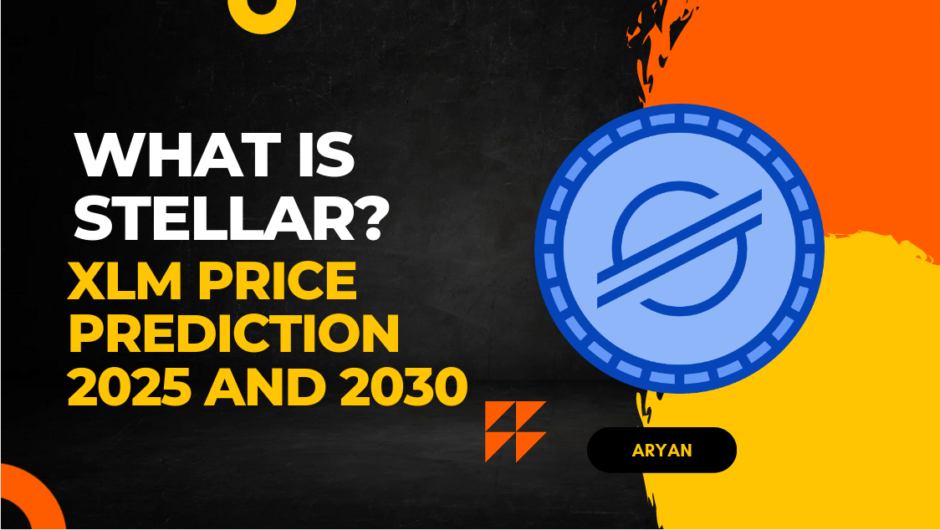Ethers.js is a lightweight JavaScript library specifically designed for Ethereum development. It simplifies key processes such as wallet management, smart contract interaction, and communication with the Ethereum blockchain. Known for its efficiency and simplicity, Ethers.js is popular among developers for building decentralized applications (dApps).
One of the main benefits of Ethers.js is its user-friendly design, which streamlines the development process by offering clear and intuitive methods for interacting with Ethereum-based projects. From managing wallets to executing smart contract functions, Ethers.js enables developers to work more efficiently while minimizing complexity. Additionally, it provides a reliable interface for handling transactions, signing messages, and connecting with Ethereum nodes.
3. BitcoinJ
BitcoinJ is a Java-based library designed for Bitcoin development, offering a streamlined approach to working with the Bitcoin network. Unlike some other libraries that require running a full blockchain node, BitcoinJ allows developers to interact with Bitcoin through a more efficient and resource-friendly method.
This library is particularly useful for creating Bitcoin wallets and related services. It provides the essential tools needed to manage Bitcoin transactions, generate addresses, and handle cryptographic operations. BitcoinJ simplifies the process of integrating Bitcoin functionality into applications by offering a high-level API that abstracts much of the complexity involved in blockchain interactions.
4. PyCryptodome
PyCryptodome is a comprehensive Python library dedicated to cryptographic operations, providing a robust toolkit for developers and researchers. This library supports a broad array of cryptographic algorithms, including AES for encryption, RSA for public-key cryptography, and various others, making it a versatile choice for diverse security needs.
Ideal for those looking to learn and implement encryption, decryption, and digital signature techniques, PyCryptodome offers a straightforward API that simplifies complex cryptographic tasks. Whether you’re developing secure applications, exploring cryptographic principles, or integrating security features into your projects, PyCryptodome provides the necessary tools to handle these processes effectively.
5. NBitcoin
NBitcoin is a robust .NET library designed for Bitcoin development. It is providing a comprehensive API for handling Bitcoin transactions, addresses, and blockchain interactions. This library is specifically tailored for developers working with C# and the .NET framework, offering a wide range of functionalities to simplify Bitcoin-related operations.
With NBitcoin, developers can efficiently manage Bitcoin transactions, generate and validate addresses, and interact with the Bitcoin blockchain without having to deal with low-level implementation details. Its extensive API allows for the seamless integration of Bitcoin features into .NET applications. It is making it ideal for creating Bitcoin wallets, services, and other blockchain-based solutions.
6. OpenZeppelin
OpenZeppelin is a leading Solidity library designed to enhance the security of smart contracts. It provides a suite of reusable, secure, and thoroughly audited smart contract standards, making it a valuable resource for Ethereum developers. By leveraging OpenZeppelin’s pre-built contract templates. Developers can ensure that their dApps and DeFi applications adhere to best practices in security and functionality.
The library includes widely-used contracts for various functions. Such as token creation, access control, and upgradeability, all crafted with a focus on security. This reduces the risk of vulnerabilities and exploits in smart contracts, streamlining the development process and enhancing the overall reliability of decentralized applications. For Ethereum developers aiming to build secure and efficient applications. OpenZeppelin offers an essential toolkit that simplifies the creation of robust smart contracts.
7. Libsodium
Libsodium is a highly portable and efficient cryptographic library known for its simplicity and speed. It supports a wide range of cryptographic functions, including encryption, decryption, and authentication. Making it a versatile tool for various applications. Designed to be easy to use across multiple platforms, Libsodium provides a reliable solution for both cryptocurrency projects and general cryptographic needs.
The library is praised for its straightforward API and robust performance, which simplifies the integration of secure cryptographic operations into applications. Whether you are developing cryptocurrency-related solutions or general software requiring strong encryption and security measures. Libsodium offers a comprehensive set of features to meet these needs.
Conclusion
In conclusion, selecting the right cryptographic library is crucial for developing secure and efficient applications. Libraries like Web3.js and Ethers.js offer specialized tools for Ethereum development, while BitcoinJ provides Java-based solutions for Bitcoin projects. PyCryptodome excels in Python cryptography with its broad range of algorithms, and NBitcoin delivers comprehensive .NET support for Bitcoin interactions. OpenZeppelin enhances smart contract security with its audited standards, and Libsodium stands out for its portability and ease of use across platforms. By leveraging these libraries, developers can ensure robust security and functionality in their projects, whether they’re focused on blockchain or general cryptographic applications.
Frequently Asked Questions (FAQs)
1. What is the purpose of using cryptographic libraries?
Cryptographic libraries provide essential tools for implementing secure cryptographic functions such as encryption, decryption, and authentication. They help developers protect data integrity, confidentiality, and authentication in their applications, ensuring secure communication and storage of sensitive information.
2. How do I choose the right cryptographic library for my project?
Choosing the right library depends on your project’s requirements and the programming language you’re using. For blockchain projects, consider libraries like Web3.js for Ethereum or BitcoinJ for Bitcoin. For general cryptographic needs, PyCryptodome and Libsodium are excellent choices. Evaluate factors such as ease of use, supported algorithms, performance, and community support when making your decision.
3. Are cryptographic libraries audited for security?
Many reputable cryptographic libraries, such as OpenZeppelin, are thoroughly audited by security experts to ensure they meet high standards of security and reliability. It’s important to use libraries with a strong track record of security audits and updates to minimize risks in your applications.
4. Can cryptographic libraries be used across different platforms?
Yes, many cryptographic libraries are designed to be cross-platform. For example, Libsodium supports multiple platforms and languages, while libraries like Ethers.js and Web3.js are specifically tailored for web-based applications.
Read More:














